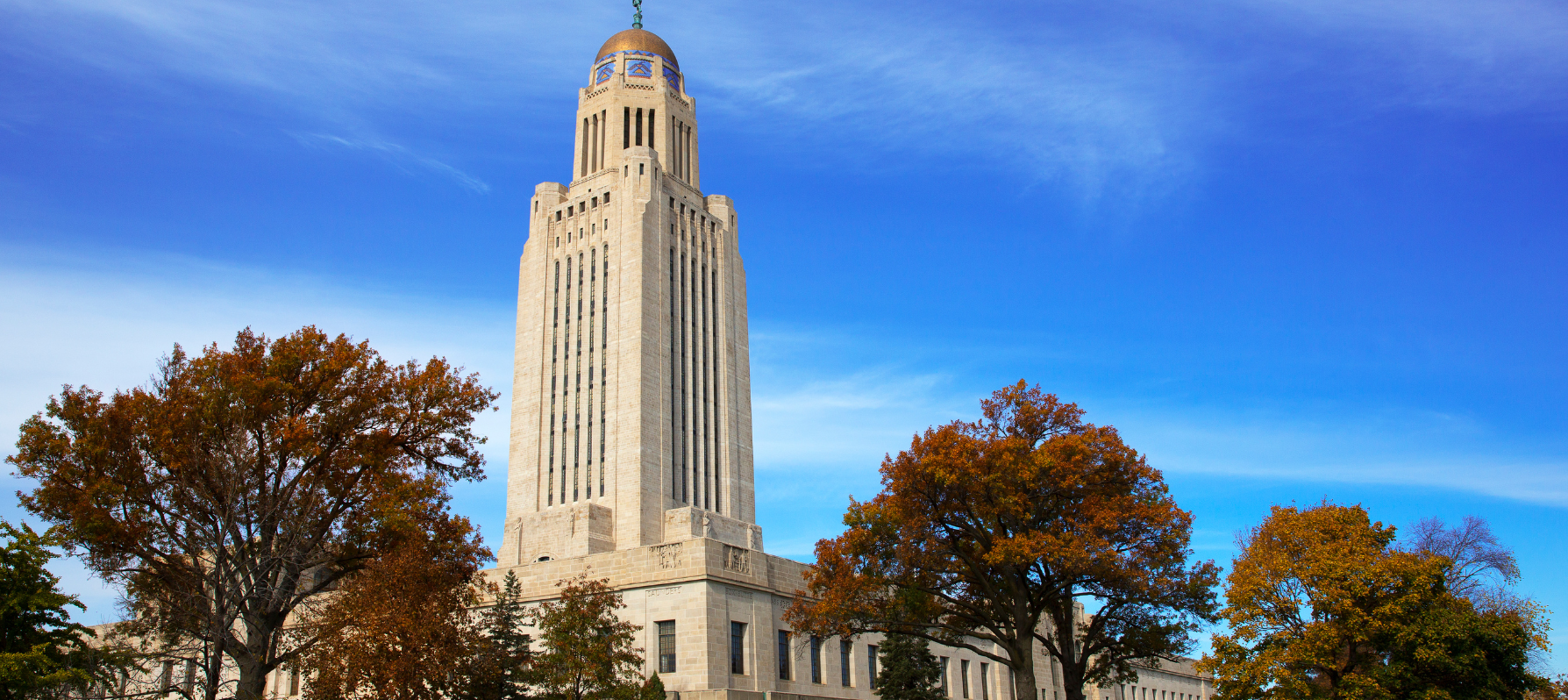Capitol Correspondence - 05.25.21
Staying Abreast of Jobs and Infrastructure Discussions
Share this page
Stay Informed on the Latest Research & Analysis from ANCOR
More News
Stateside Report - 06.23.25
Stateside Report: June 30, 2025

Stateside Report - 06.23.25
Stateside Report: June 23, 2025

Capitol Correspondence - 06.17.25
